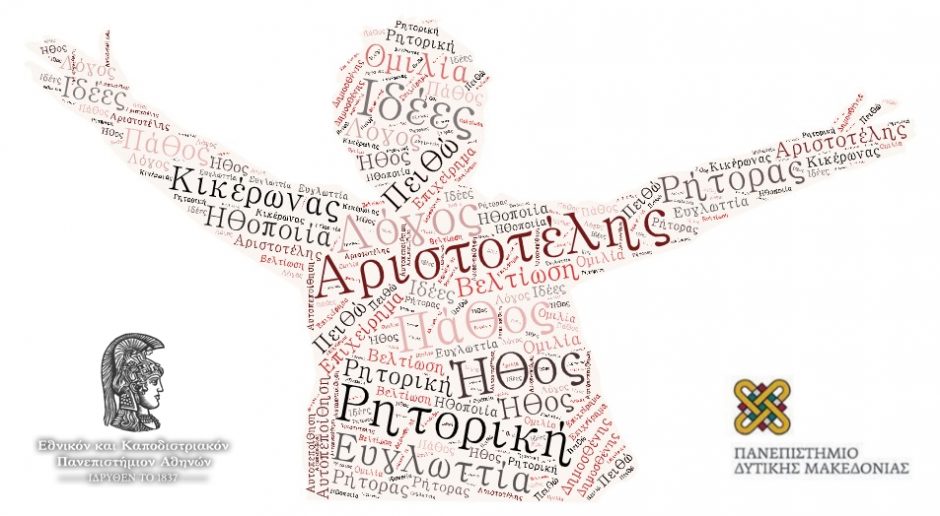The Journal of Climate Literacy in Education (CLE) is an open access, practitioner-oriented pocket journal published through the University of Minnesota Libraries for climate literacy action-orientated content. Affiliated with the Center for Climate Literacy at the University of Minnesota and Climate Lit, CLE seeks to provide educators with the scholarly insights and educational materials needed to facilitate climate literacy learning in their own classrooms.
Call for Contributions
The Journal of Climate Literacy in Education (CLE) seeks contributions on an ongoing basis. CLE accepts contributions from K-16 educators, K-16 students, scholars, artists, and informed participants in climate literacy learning. CLE especially welcomes contributions from scholars from historically marginalized communities and geographies, in-service educators, and students. We welcome original work, but we also welcome submissions that are teacher-oriented summaries, extracts, or revisions of longer works published elsewhere, journal articles, or books. All contributions must be accessible to CLE’s primary readership: in-service teachers. Contributions are welcomed in the following categories:
Curriculum
Curriculum articles include classroom resources for teaching climate literacy and/or mobilizing climate activism with stories: lesson plans, unit design, activity and project plans, syllabi, assessment, teaching methods, formulas or instructional strategies. Curriculum articles report innovative practices happening in real classrooms with a brief narrative outline of the lesson or unit. They may include links to longer or more detailed teaching resources, like handouts, activity sheets, detailed lesson plans, etc. or links to longer narrative descriptions published separately as Reflection articles. Curriculum articles fall into the 750 to 1500 word limit. This includes abstract, references, figures, and tables. Supplementary materials (to be linked from the article) are welcomed. We highly encourage contributors to read already published examples of curriculum articles to help guide their drafting and submission processes.
Reflection
Reflection articles include opinion pieces, personal reflections, teaching testimonials and reports, reflections on student created projects, reflective reviews of scholarship or methodologies applicable to classroom teaching, and other practice-based forms of narrative reflection. These articles reflect on an issue/theme you encountered in your pedagogical practice and how you handled it. They offer personal testimonials about an event, summary of a project you completed, a course, unit, or module you taught. Reflections may include testimonials from students sharing their moments of empowerment, transformation, emotional growth, and other takeaways from engaging with climate literacy. Reflections can also be linked to a Curriculum article. Reflection articles fall into the 500 to 1200 word limit. This includes abstract and references (if any). We highly encourage contributors to read already published examples of reflection articles to help guide their drafting and submission processes.
Critical Essay
Critical Essays are academically crafted and theoretically informed articles that present an in-depth argument about a broader issue or challenge related to climate literacy and explore its pedagogical implications. This category includes but is not limited to scholarly articles, conceptual and big picture articles; conceptual- and classroom practice-oriented summaries, synopses or reviews of research and scholarship (esp. shorter, practice-oriented versions of longer scholarly texts published elsewhere, with links to the original source); policy or framework analyses or commentaries; narrative explainers or critiques; and interviews or dialogues on practice. Critical Essays comment on an aspect of climate education theory or practice in a provocative or explanatory manner. We are looking for insightful and innovative writing that engages with the challenge of building universal climate literacy using stories for young audiences. We are particularly keen to be sent pieces with practical messages offering a way forward. Critical Essays fall into the 900 to 2000 word limit. This includes abstract, references, figures, and tables. We highly encourage contributors to read already published examples of critical essays to help guide their drafting and submission processes.
Creative & Multimodal
Creative & Multimodal submissions go beyond nature appreciation or observation to engage with ecocentric concepts, systems, and ethics. These submissions should include a reflective component (framing narrative) called Artist Statement or Description to situate the creative component. The creative component might take the form of poetry or visual artwork; music or performance art events; recordings of climate action events or spoken word performance; ecomedia literacy and social media projects; youth-created multimedia commentaries, documentaries, reports, and other artivism projects that can serve as models for classroom practice. Because parameters for creative & multimedia submissions are diverse, determining the fit of the submission will be at the discretion of CLE editors. Questions should be submitted directly to the Lead Editor. Creative & Multimodal articles and creative works should be brief in length and time. For example, keeping creative files around 3 pages (for visuals), under 1500 words (for text & images), or under 5 min (for audio/visual recordings). We highly encourage contributors to read already published examples of creative and multimodal submissions to help guide their drafting and submission processes.
Manuscript Requirements and Submission
For particular information regarding content requirements, including information on how to submit and reference style, please refer to the manuscript submission guidelines. Please direct any questions to Nick Kleese, Managing Editor, at klees023@umn.edu.
